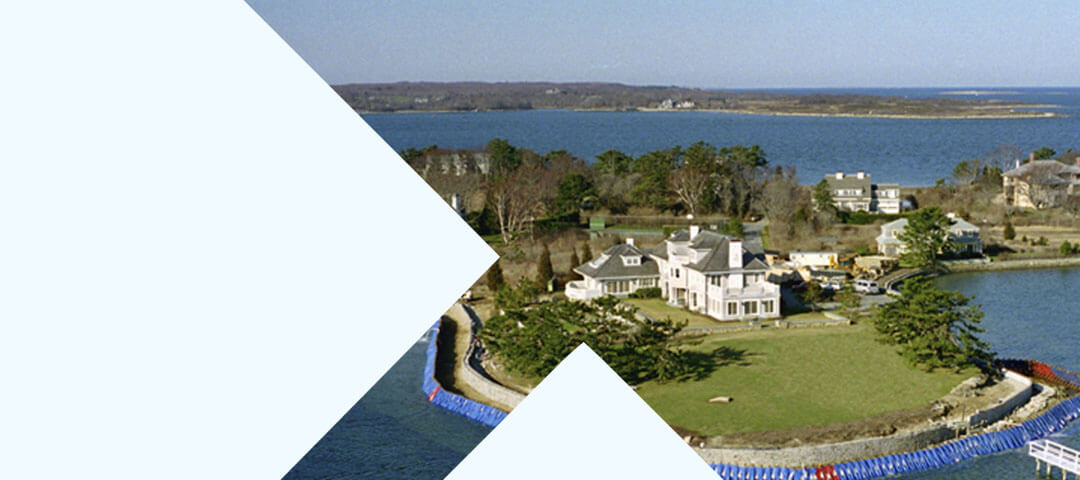

Floods are one of the most frequent and damaging natural disasters in America. Gushing water can severely harm infrastructures, leaving many properties unable to recover financially. Commercial properties should develop prevention plans to protect themselves as flooding events become more intense.
Floods can be particularly devastating to the hospitality industry. These locations provide lodging and other accommodations for visitors, and infrastructure damage can reduce revenue and profits. Hotels and other hospitality properties are responsible for guests’ safety and enjoyment, and floods can negatively impact these efforts. Preventive measures can lower your hotel’s risk for flood damage.
The hospitality industry’s major goal is to provide guests with an enjoyable experience. From creating comfortable lodging to planning fun events, hospitality professionals work hard to take care of all visitors.
Floods and other natural disasters can make achieving this objective difficult or impossible. Depending on their severity, floods can disrupt guests’ experiences and even create hazardous circumstances. The best way to reduce these effects is by developing a strong flood protection plan. These measures are important for many reasons, including:

Preventive actions and a thorough flood protection plan are essential for the hospitality industry. Here are some steps you can take to protect your property from flood damage:
The first step in hotel flood protection is to determine your flood zone, elevation and overall risk. By calculating these, you can create a protection plan that meets your specific environmental and climate needs.
First, try to determine your flood zone and elevation. The Federal Emergency Management Agency (FEMA) uses base flood elevation (BFE) as a critical factor for flood prevention. BFE is the level where your infrastructure has a 1% chance of flooding each year. Your hotel should be several feet above your area’s BFE to add more protection against rising floodwaters. To calculate your area’s BFE, you can consult FEMA guidelines or contact your local municipality.
You’ll also want to research the average flood risks in your area. Consider questions like:
Answering these questions can give you a rough idea of flood activity in your area. You can create effective protective measures and action plans based on your research.
Floodproofing techniques can keep your infrastructure more secure against oncoming floodwaters. You can implement many different floodproofing methods. Here are some of the best ways to prepare your hotel:
Lastly, your hotel could install a flood protection system. These systems generally consist of flood barriers and other durable materials that lower the risk of flood damage. You can find customized options to meet your location’s specific environmental needs.
Portadam is a leading provider of flood protection systems and solutions. We have provided high-quality and comprehensive flood protection services for commercial and industrial locations since 1974, and we strive to find clients the flood solution best suited to their property.
Our deployable flood protection systems can help mitigate flood risks for your property. We work closely with you to design a system that accommodates any obstructions or elevation differences. Portadam offers a thorough step-by-step process:
Your hotel can select any or all of our services as you work towards the best flood prevention plan. We can work together to mitigate flood risks for your property.

Flood protection is essential for hotels and other hospitality infrastructure. Preventive measures and protective systems can lower your risk of damage.
Choose Portadam today for comprehensive and high-quality flood solutions. We offer services across the country and can help you craft the best protection plan. Our deployable flood systems provide thorough and durable protection from flooding elements.
To get started with Portadam, contact us today.